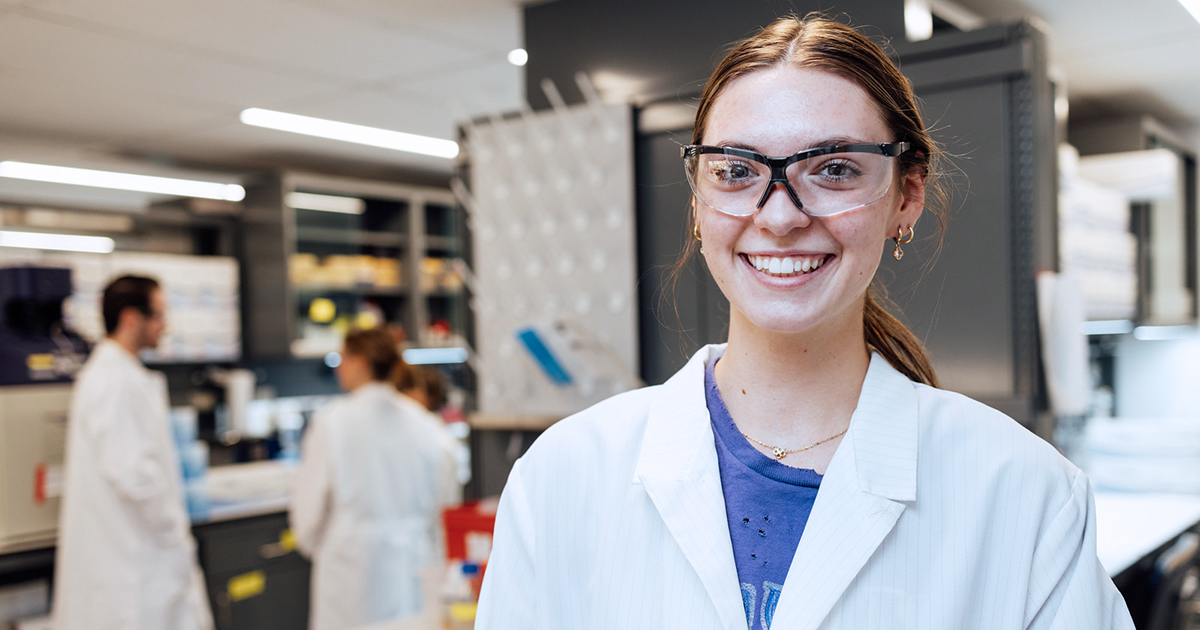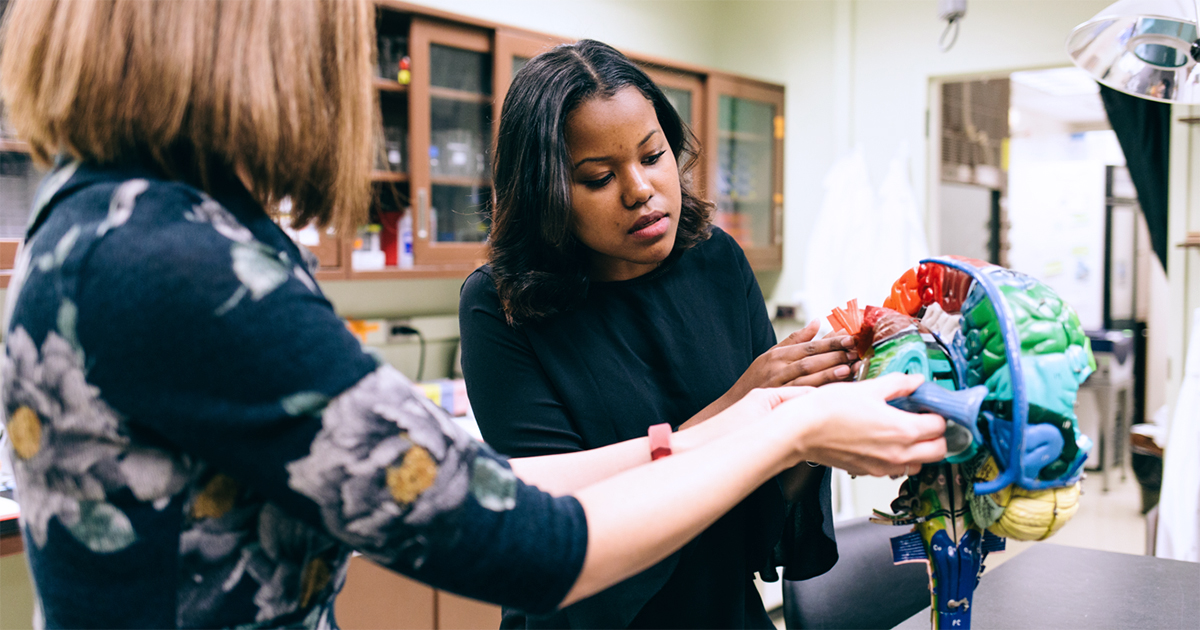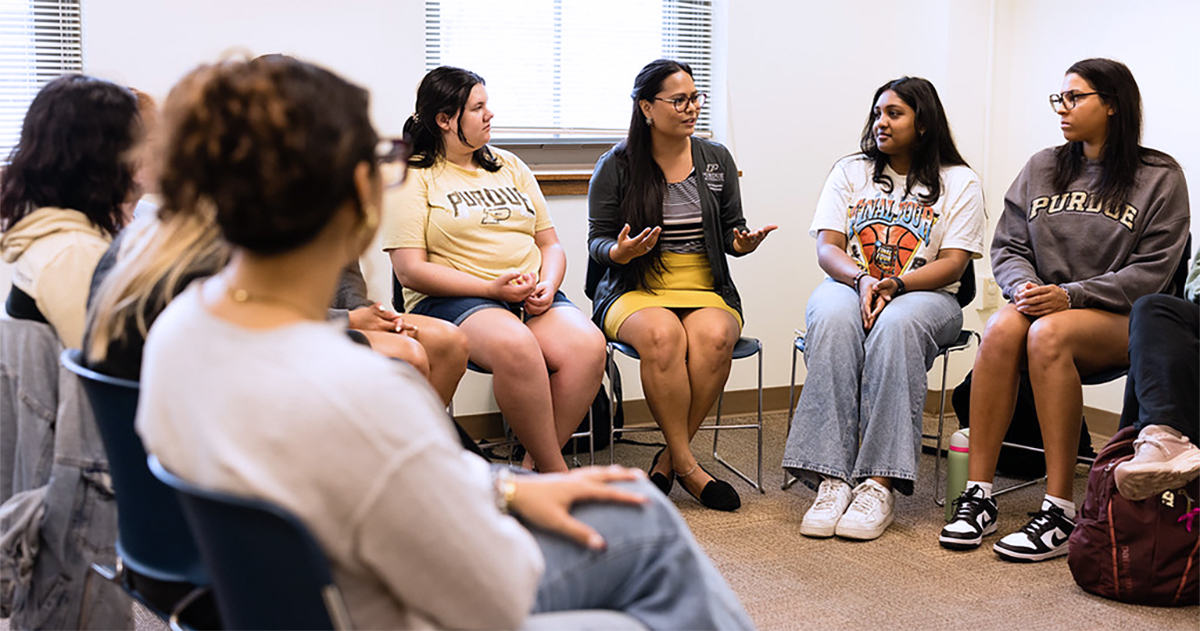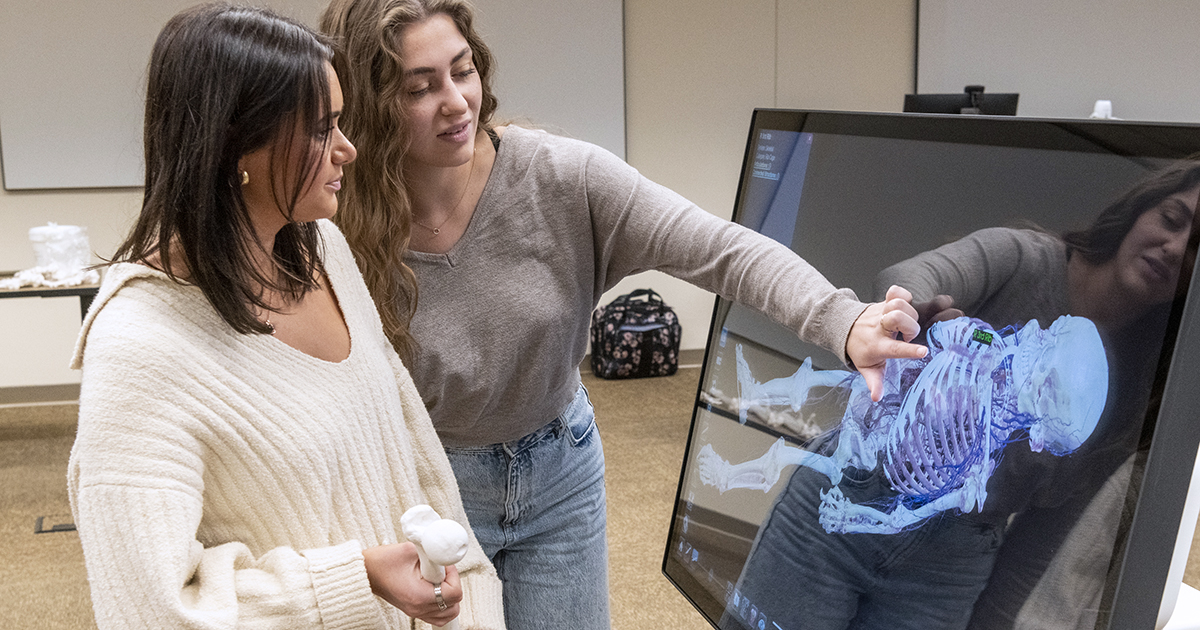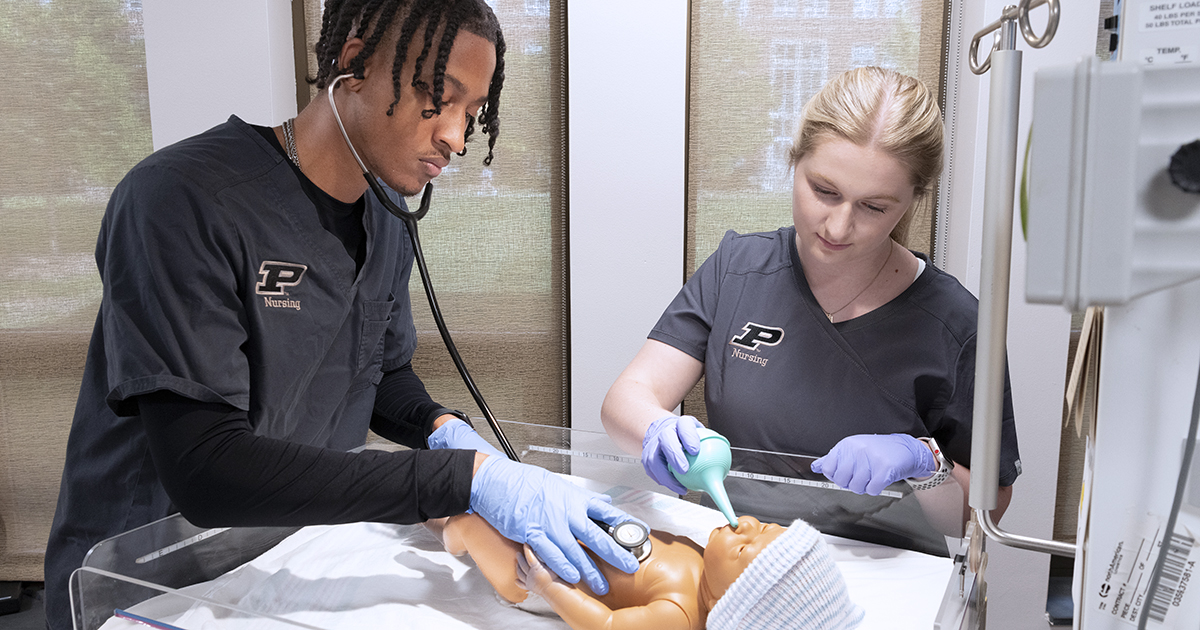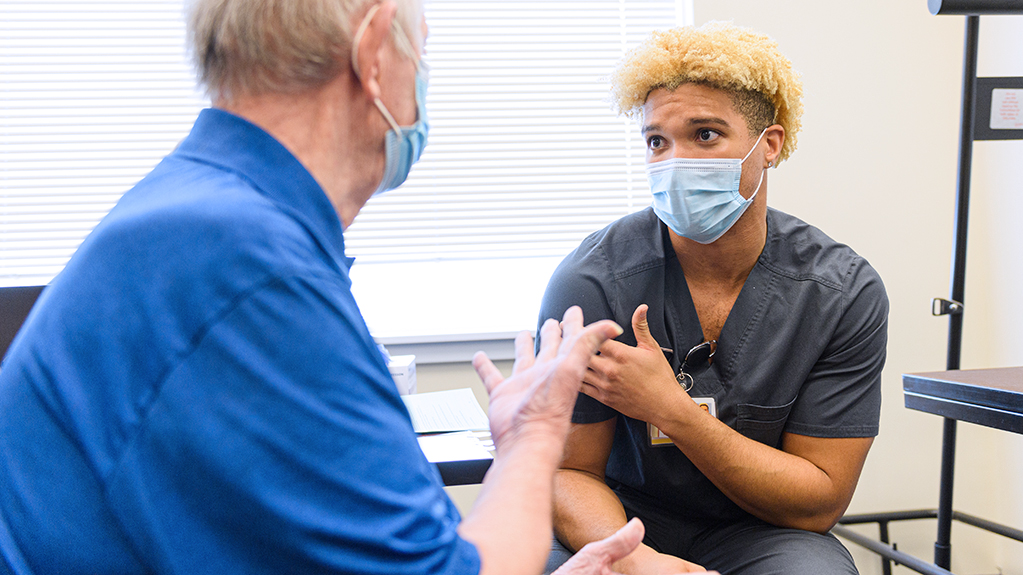
Why Purdue?
A public health degree prepares you to design, deliver and evaluate programs that protect and improve health across diverse populations. Some potential career paths include:
- Epidemiologist
- Health educator
- Public health program coordinator
- Community health worker
- Health policy analyst
- Professional or graduate programs
Through valuable learning experiences and world-class instruction, our public health alumni find success in a variety of careers and advanced degree programs. Some examples include:
- Education services scheduler, Franciscan Health
- Program aide, Bauer Family Resources
- Clinical program coordinator, True Rx Health Strategist
- Master of Science in Physician Assistant Studies, University of Evansville
- Master of Healthcare Administration, Purdue University Global
- Master of Public Health, Purdue University
You should pursue the most rigorous high school curriculum available to you. Succeeding in challenging courses will allow you to be a stronger candidate for Purdue’s competitive admission process and better prepare you for college success.
Minimum high school coursework (many applicants exceed these minimums):
- Math – 4 years
- English – 4 years
- Lab science – 3 years
- Social studies – 3 years
- World language – 2 years
Connect
College of Health and Human Sciences
Discover our 22 majors across nine departments and schools dedicated to improving human health and quality of life.
Contact
Undergraduate Student Services
(765) 494-8533
hhsrecruitment@purdue.edu
Visit
Experience for yourself all that Purdue has to offer with opportunities to explore in-person or virtually.
Apply
Ready to take the next step? Apply to begin your journey at Purdue in public health.
Transfer to Public Health
Purdue admits to individual majors. Transfer students must meet Purdue’s overall transfer criteria, as well as any major-specific requirements. Before you apply, check the closed programs page to confirm this major is open to transfer students. If it is, refer to the information below for major-specific transfer criteria.
- Minimum 2.5 GPA
- Completion of college-level biology or chemistry course with a grade of C or higher.


